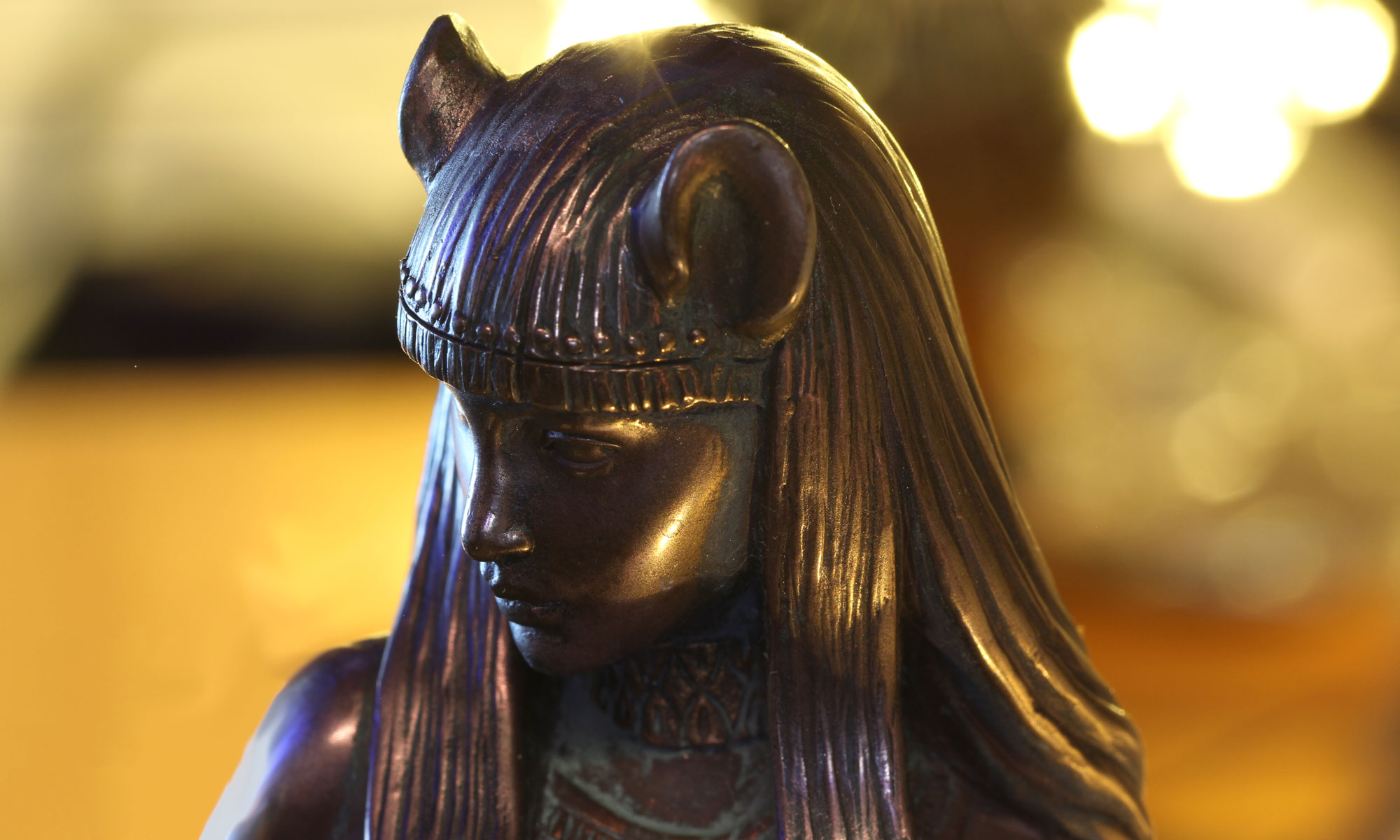“Pongala, a Woman’s Festival: Cooking up Joy!”
with Dianne Jenett
Thursday, October 27, 2022 at 3 PM Eastern DaylightTime
REGISTER HERE

Each spring, Thiruvananthapuram, the capital city of Kerala, India, shuts down for a day while more than a million women of many religions, communities, and classes joyously line the streets and fill courtyards with their pots to cook porridge as an offering for Attukal Amma (Mother). They are performing a women’s ritual deeply rooted in ancient Kerala mythology and cultural tradition which also has powerful meaning for women today, as evidenced by its rapid growth during the past forty years.
In 1993, when Dianne first went to Kerala, a small state in southern India whose policies in education, health care and social programs give its people an extremely high quality of life without high per capita income, she wanted to know: What are the beliefs and practices which make this society successful? What stories guide and inform them?
 During thirty years of annual visits cooking with, living with, and talking with women who offer pongala, she found the answers for herself in the largest annual women’s ritual in the world and the themes of: the essential equality of all people and religions, the necessity to share life-sustaining resources, the inherent power of women who demand justice, the emotional support offered by women’s community, and the recognition of immanent divinity in each girl and woman.
During thirty years of annual visits cooking with, living with, and talking with women who offer pongala, she found the answers for herself in the largest annual women’s ritual in the world and the themes of: the essential equality of all people and religions, the necessity to share life-sustaining resources, the inherent power of women who demand justice, the emotional support offered by women’s community, and the recognition of immanent divinity in each girl and woman.

Dianne Jenett retired as co-director and core faculty in the Women’s Spirituality MA program at New College of California and Institute of Transpersonal Psychology (Sofia University). She earned her Ph.D. in Integral Studies at California Institute of Integral studies and M.A. in Transpersonal Psychology from the Institute of Transpersonal Psychology. She practices transformative education and is the co-author of Organic Inquiry: If Research Were Sacred, a qualitative research method based on the telling and writing of stories. Her current work and writing centers on researching, documenting, and telling the truth about her ancestors who were enslavers. She is a member of Coming to the Table and the Linked Descendants Working Group. Almost every year she returns to Kerala, India to offer pongala.
Save these dates for the next ASWM Salons:
November 3, 2022, 3 PM Eastern Standard Time
“Becoming Birds: Crane Maiden and Conservation ”
Brenda Peterson
November 17, 2022, 3 PM Eastern Standard Time
“Matriarchal Landscape Mythology”
Andrea Fleckinger and Heide Goettner-Abendroth
January 13, 2023, 3 PM Eastern Standard Time
“Eruptions of Inanna: Justice, Gender, and Erotic Power”
Judy Grahn

The Salon recording will also be available to members after the event.




You must be logged in to post a comment.